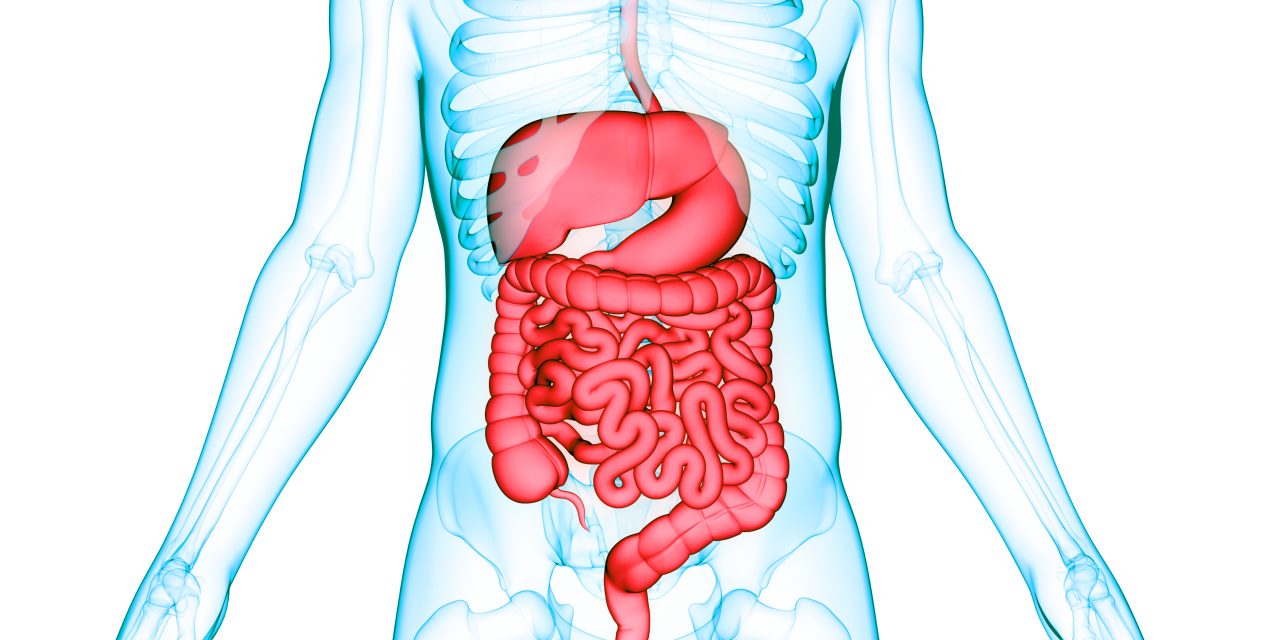The comparative genomics of the transition of the opportunistic pathogen Pseudomonas aeruginosa from a free-living environmental strain to one that causes chronic infection in the airways of cystic fibrosis (CF) patients remain poorly studied. Chronic infections are thought to originate from colonization by a single strain sampled from a diverse, globally distributed population, followed by adaptive evolution to the novel, stressful conditions of the CF lung. However, we do not know whether certain clades are more likely to form chronic infections than others and we lack a comprehensive view of the suite of genes under positive selection in the CF lung. We analyzed whole genome sequence data from 1000 P. aeruginosa strains with diverse ecological provenances including the CF lung. CF isolates were distributed across the phylogeny, indicating little genetic predisposition for any one clade to cause chronic infection. Isolates from the CF niche experienced stronger positive selection on core genes than those derived from environmental or acute infection sources, consistent with recent adaptation to the lung environment. Genes with the greatest differential positive selection in the CF niche include those involved in core cellular processes like metabolism, energy production, and stress response as well as those linked to patho-adaptive processes like antibiotic resistance, cell wall and membrane modification, quorum sensing, biofilms, mucoidy, motility, and iron homeostasis. Many genes under CF-specific differential positive selection had regulatory functions, consistent with the idea that regulatory mutations play an important role in rapid adaptation to novel environments.© The Author(s) 2020. Published by Oxford University Press on behalf of the Society for Molecular Biology and Evolution.
Evolutionary genomics of niche-specific adaptation to the cystic fibrosis lung in Pseudomonas aeruginosa.


